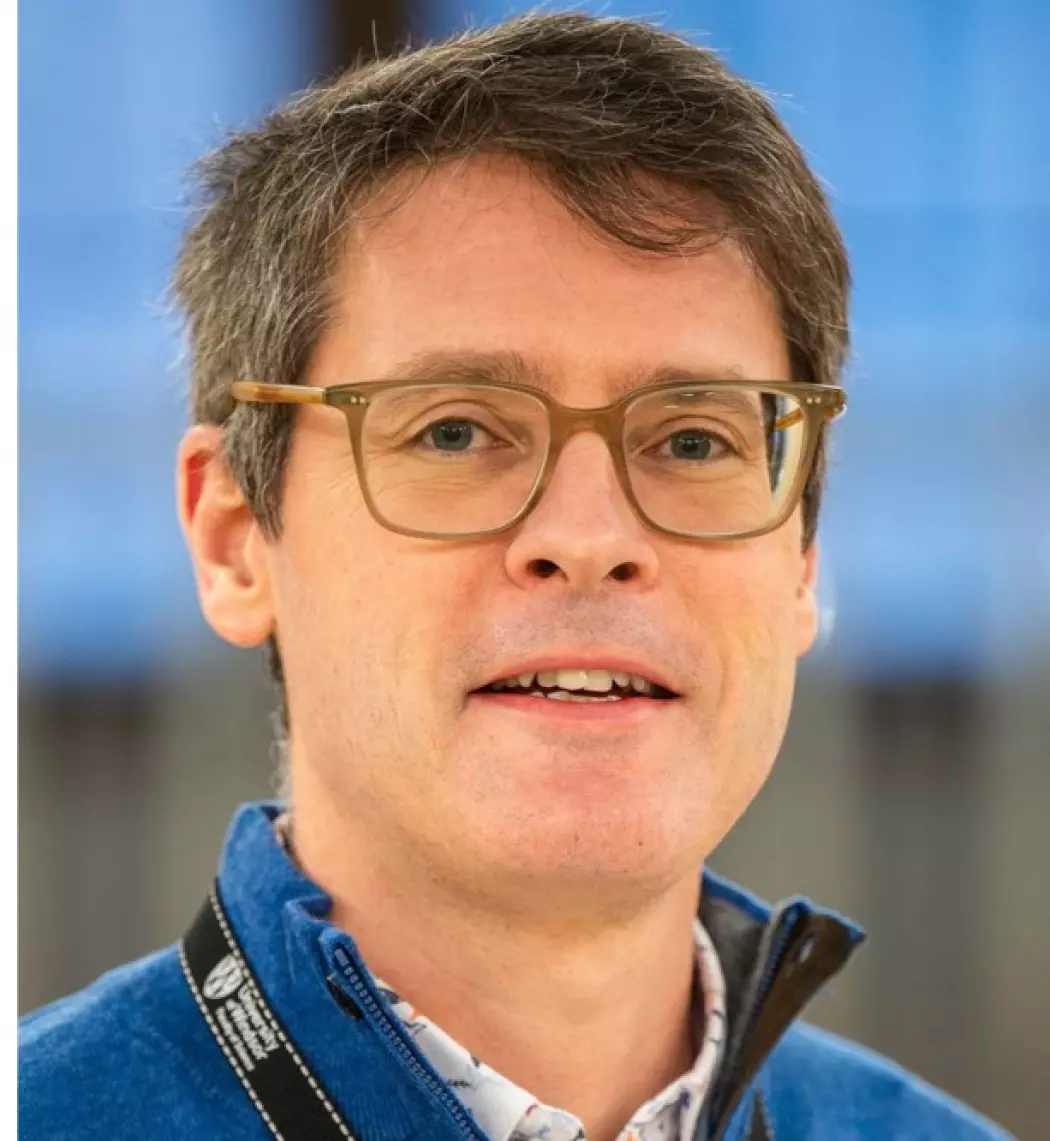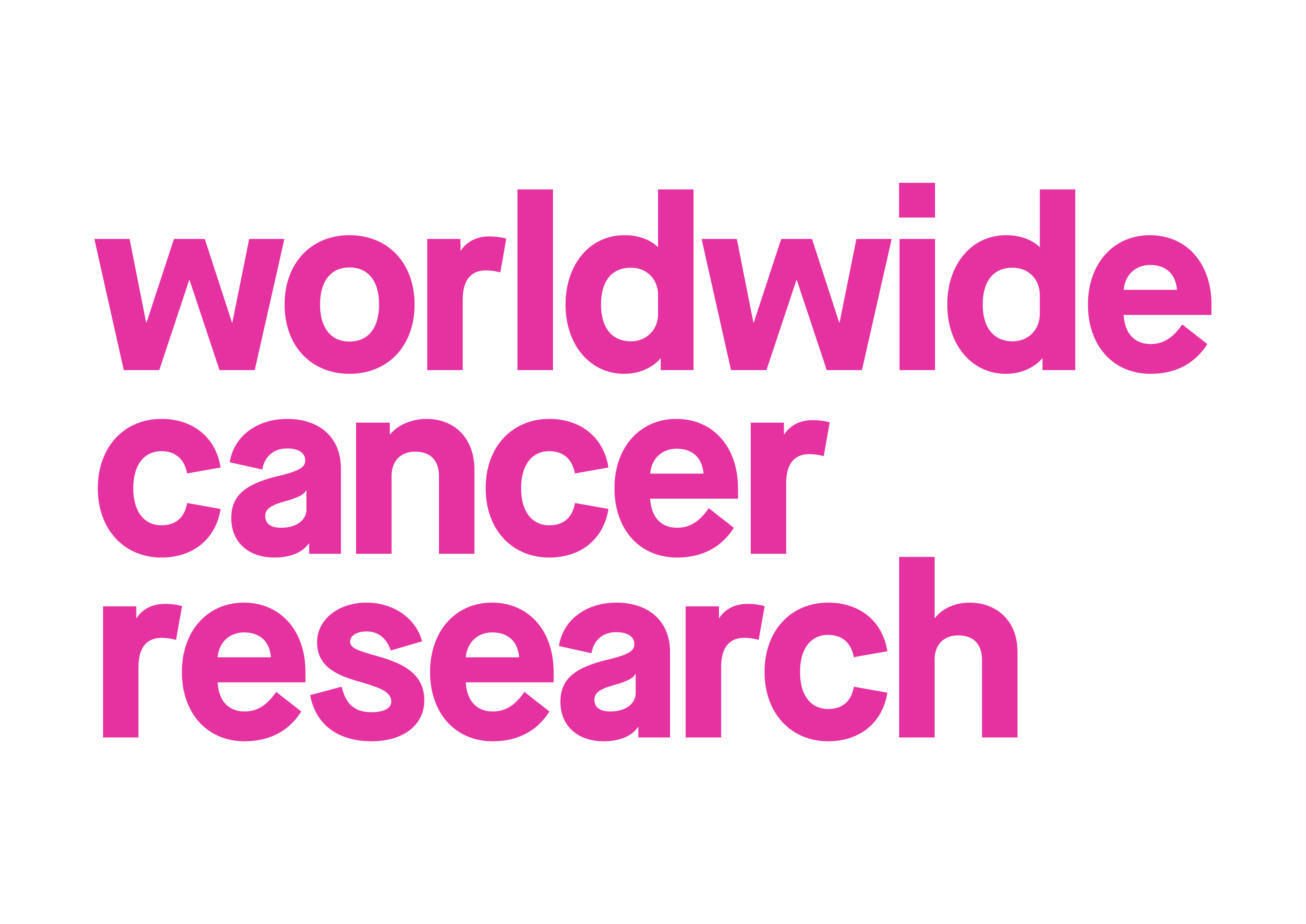
International Partnership : A Canadian Research Project Stands Out
Last year, the Cancer Research Society (CRS) formed a groundbreaking partnership with Worldwide Cancer Research, a UK-based organization, to offer Canadian researchers a unique opportunity: access to international competition for funding to support their innovative cancer research projects.
We are now witnessing the fruits of this collaboration. We are pleased to announce that Dr. Phillip Karpowicz from the University of Windsor stood out among numerous applicants from several countries and has been awarded a $460,000 grant over three years for his pioneering research on the role of circadian rhythms in colorectal cancer. This funding, made possible through international contributions and the support of our organization, will directly help advance cancer research here in Canada.
Colorectal cancer is the third most common cancer worldwide, and its incidence is increasing at an alarming rate among younger adults. In this context, Dr. Karpowicz is exploring an under-researched area: the influence of our internal biological clock, known as the circadian rhythm, on cancer development. Circadian rhythms regulate vital functions in our body such as sleep, hormone production, and metabolism. But what happens when these rhythms are disrupted?
Dr. Karpowicz and his team are investigating whether irregular eating patterns contribute to an increased risk of colorectal cancer and, conversely, whether eating at specific times could slow tumor progression and enhance the effectiveness of treatments. By examining the relationship between diet and circadian rhythms, he hopes to develop new nutritional approaches to better prevent and treat this disease.
This funding represents a significant advancement in oncology research in Canada. Thanks to the partnership between CRS and Worldwide Cancer Research, bold and innovative projects like Dr. Karpowicz’s can be supported, paving the way for new discoveries to outsmart cancer.
Building on this success, we are excited to share that this partnership will continue in 2025, reinforcing our collective commitment to supporting cutting-edge cancer research and fostering breakthroughs that offer hope for the future.

